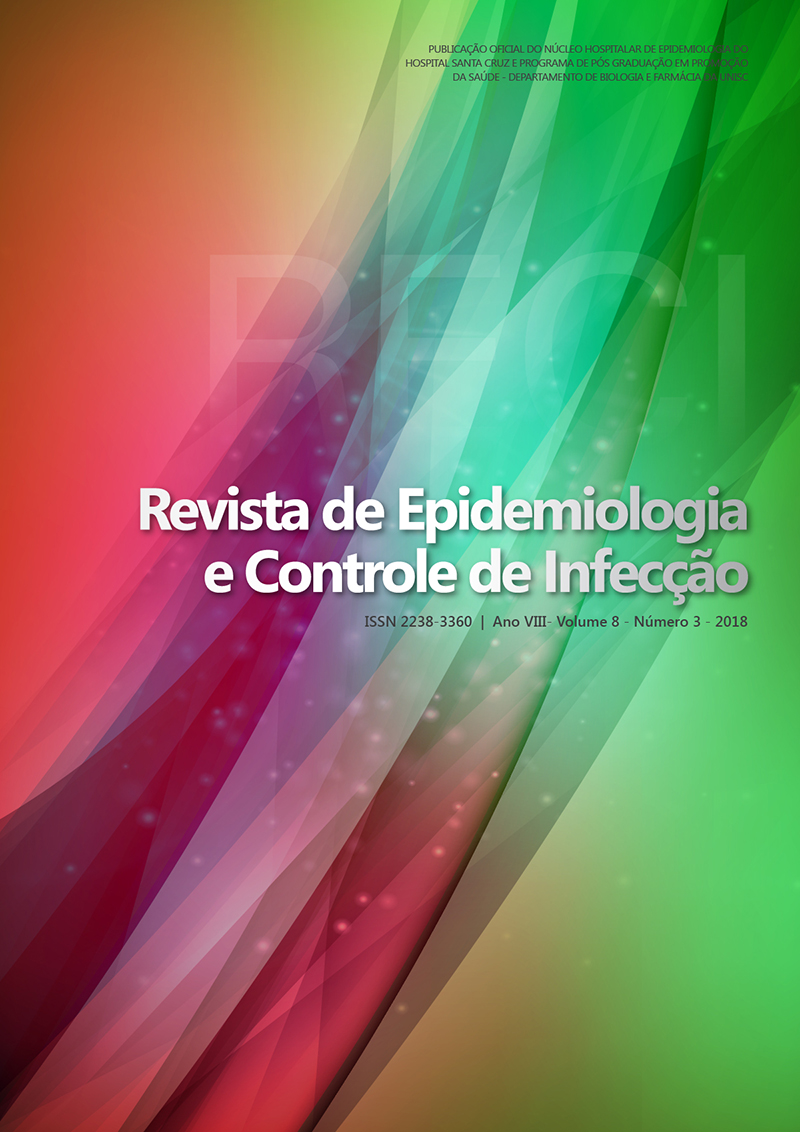Epidemiological overview of human rabies in Brazil focusing on the southern region
DOI:
https://doi.org/10.17058/reci.v8i3.11270Abstract
Background and Objectives: Rabies is an anthropozoonosis transmitted to humans through inoculation of the virus present in the saliva and secretions of the infected animal. It presents approximately 100% lethality and high cost in preventive care. Exposed people are at risk of becoming ill and dying being considered a public health problem. The objective of the study was to evaluate the epidemiological data of canine, feline, rabies, hematophagous and human rabies cases in a current situation in Brazil, with the main focus being the southern region of the country. Methods: This is an exploratory, descriptive, cross-sectional study with data obtained through sites and protocolsadministered by the Ministry of Health, referring to the last confirmed cases of rabies. Results: Through this study it was possible to verify that Brazil, although having considerably reduced the rabies in certain regions, it appears again in the southern region. Although there are cases of rabies in animals in humans, no case was observed in the southern region, while in the North and Northeast, three cases were observed, which has been causing great concern to the Ministry of Health and also to the health surveillance sectors. Conclusion: The re-emergence of rabies cases in Brazil shown here in this study intensifies the great need for compulsory notifications. The appearance of these new cases after dozens of years without confirmed cases may be associated with the need for actions aimed at controlling this aggravation.Downloads
Downloads
Published
How to Cite
Issue
Section
License
The author must state that the paper is original (has not been published previously), not infringing any copyright or other ownership right involving third parties. Once the paper is submitted, the Journal reserves the right to make normative changes, such as spelling and grammar, in order to maintain the language standard, but respecting the author’s style. The published papers become ownership of RECI, considering that all the opinions expressed by the authors are their responsibility. Because we are an open access journal, we allow free use of articles in educational and scientific applications provided the source is cited under the Creative Commons CC-BY license.


